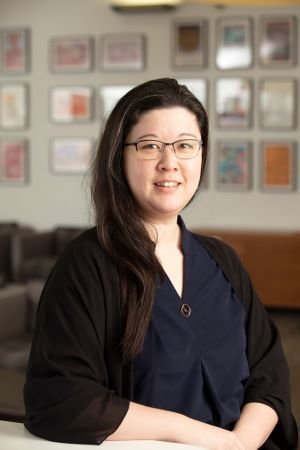Marisa Plater
Research Assistant & PhD Student at Durham University Business School
Biography
Marisa joined Durham University Business School in 2012 as a research assistant while completing her undergraduate degree in human geography. Following her graduation, she joined full-time in 2015 and helped Professor Les Graham establish the Policing Research Unit within the Centre for Leadership and Followership in the Business School. The small team does collaborative research both locally and nationally with police organisations to try to help local leaders in their efforts to improve the working environments, policies and processes that impact police officers’ and staff wellbeing, motivation, and ability to serve the public.
Alongside her work role, she is also now (as of 2022) a part-time PhD student in Management at Durham University Business School, with a particular interest in workplace stressors, job crafting, recovery, and the impact of leadership on these.
Favourite Leader: ‘Kelly’ (Clarence) Johnson, Lockheed Skunk Works; and Dorothy Vaughan, NASA
Favourite quote: “No problem is too small or too trivial if we can really do something about it” - Richard P. Feynman (in a letter to his former student, Koichi Mano)
Paper/Book/Author that inspired your work: Lazarus, R.S., DeLongis, A., Folkman, S. and Gruen, R. (1985) ‘Stress and adaptational outcomes: the problem of confounded measures’, American Psychologist, 40:7, 770–779.
(A discussion - focused around research on stress and coping - that captures the difficulty of balancing the need for accurate, reliable research methods, which try to minimise bias and avoid misleading findings, with the inherent messiness of reality. Lazarus and colleagues emphasise the importance of not washing out important details and information through overly simplistic attempts at objectifying research that haven't incorporated careful consideration of the topics and theories involved. This is one of the papers that inspired both the topic I am focusing on for my PhD and how I would like to approach my research.)
What research area are you most excited about for the future? The opportunities from developments in technology - both in terms of research methods, e.g., fun and immersive experiments using games and VR, as well as the potential for advances in neuroscience to spark new ideas and conversations across psychology and business research.
